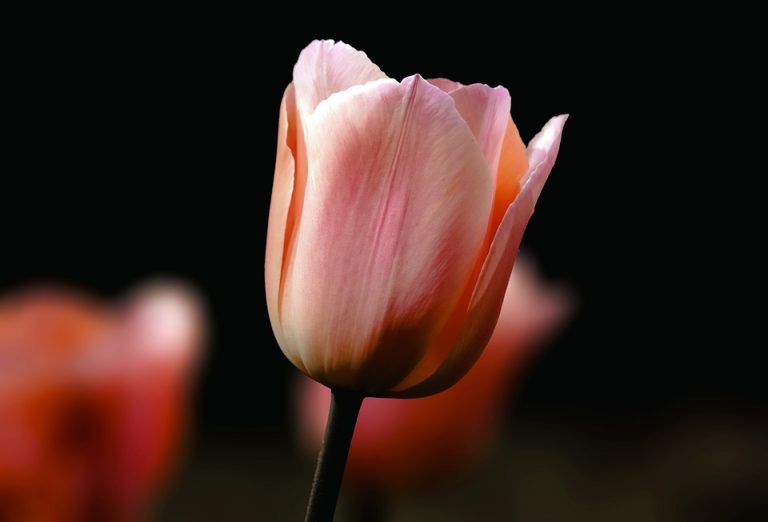If you’re a cat owner and have a Swiss cheese plant in your home, you might want to reconsider keeping the two together. While the Swiss cheese plant, also known as Monstera deliciosa, is a popular houseplant known for its large, fenestrated leaves, it can be toxic to cats if ingested.
Many houseplants can be harmful to pets if consumed, and the Swiss cheese plant is no exception. The plant contains insoluble calcium oxalate crystals, which can cause irritation and swelling of the mouth, throat, and digestive tract if ingested by cats.
Symptoms of Swiss cheese plant toxicity in cats may include drooling, vomiting, difficulty swallowing, and difficulty breathing. In severe cases, ingestion of the plant can lead to more serious issues such as difficulty walking, seizures, and even death.
If you suspect that your cat has ingested any part of a Swiss cheese plant, it’s important to seek veterinary care immediately. Your veterinarian may induce vomiting or provide supportive care to help alleviate symptoms and prevent further complications.
To prevent accidental ingestion of toxic plants by your feline friends, it’s essential to keep potentially harmful plants out of reach. Place the Swiss cheese plant and other toxic houseplants in areas that are inaccessible to your pets, or consider opting for pet-safe plants that won’t harm your furry companions.
In conclusion, while the Swiss cheese plant can be a beautiful addition to your home decor, it’s crucial to be aware of its potential toxicity to cats. Keep your feline friends safe by keeping toxic plants out of reach and knowing the symptoms of plant toxicity in pets. Your cat’s health and well-being should always come first.

